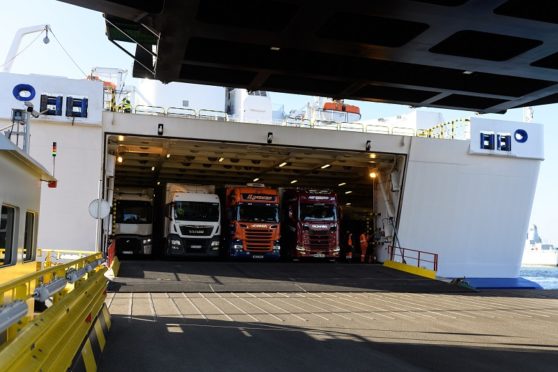
From January 1 2021 the way the UK trades with the EU will change. Businesses need to act now!
KEY CONTACTS
- Make sure you’re ready gov.uk/transition
- Data protection and transfers gov.uk/guidance/using-personal-data-after-brexit
- EU and EEA countries gov.uk/eu-eea
From January 1 2021 the way the UK trades with the EU will change. Businesses need to act now! This is true for retail, those trading in consumer goods, services and investment, construction and housing as well as vehicle and haulier firms.
The UK Government has put a raft of measures in place for all firms across England, Scotland and Wales.
Chancellor of the Duchy of Lancaster Michael Gove said: “We are leaving the EU single market and customs union. This will bring both new challenges and new opportunities for businesses. We recognise this is a challenging time for everyone. We are determined to support businesses to be ready for 1 January 2021 and beyond. ”
These are actions to take now…
- Selling goods to the EU? Prepare for new customs procedures.
- Travelling to the EU for work purposes? Check if you need a visa or work permit, and apply if necessary.
- Employing overseas nationals? Prepare your business for the implementation of the new immigration system.
- Receiving personal data from contacts in the EEA? You may need to take extra steps to ensure that data can continue to flow legally at the end of the transition period.
- Providing services in the EU? Ensure your qualifications are recognised by EU regulations to be able to practice or service clients in the EU.
‘Businesses must prepare for the end of the UK transition period in a planned and coordinated way’
Procurement expert Laura Hobbs has led the way for the construction industry to prepare for the end of the UK transition period.
Laura is the UK and Ireland One Procurement Programme Lead at Royal BAM Group, which is among the biggest construction firms covering England, Wales and Scotland.
She said: “We have created a snapshot to give a clear picture for the industry where we believe pinch points are.”
Laura explained: “I decided to pull my peers together, all the other main contractors that are part of the Construction Senior Leaders Group which I chair. We decided to write one set of questions for the end of UK transition and also share the workload – to go to all those different product categories key to construction.
“As main contractors we deal a lot with sub-contractors so we need to ensure the message gets further into the supply chain.”
The Construction Senior Leaders Group also includes representatives from Skanska, Costain, Murphys, Laing O’Rourke, housebuilders Berkeley and clients including Highways UK and Clarion Housing Group.
Manufacturers are employing new customs experts to help them get in position for the new start, creating more strategic programmes to negate any currency fluctuations.
Laura worked with Build UK, receiving useful information around imports and exports from the UK Government.
“Information is the key and preparation is essential. The organisations we work with have been preparing for this for a long time so they are on their final rehearsal now.
“To be able to give your own business the comfort you are going into this in a planned, coordinated way, it is key for people to start the exercise sooner rather than later,” stressed Laura.
She said the new start will bring opportunities to invest in the UK supply chain. “We always see the positives and, definitely for the UK, there are opportunities coming.”

Enjoy the convenience of having The Sunday Post delivered as a digital ePaper straight to your smartphone, tablet or computer.
Subscribe for only £5.49 a month and enjoy all the benefits of the printed paper as a digital replica.
Subscribe
